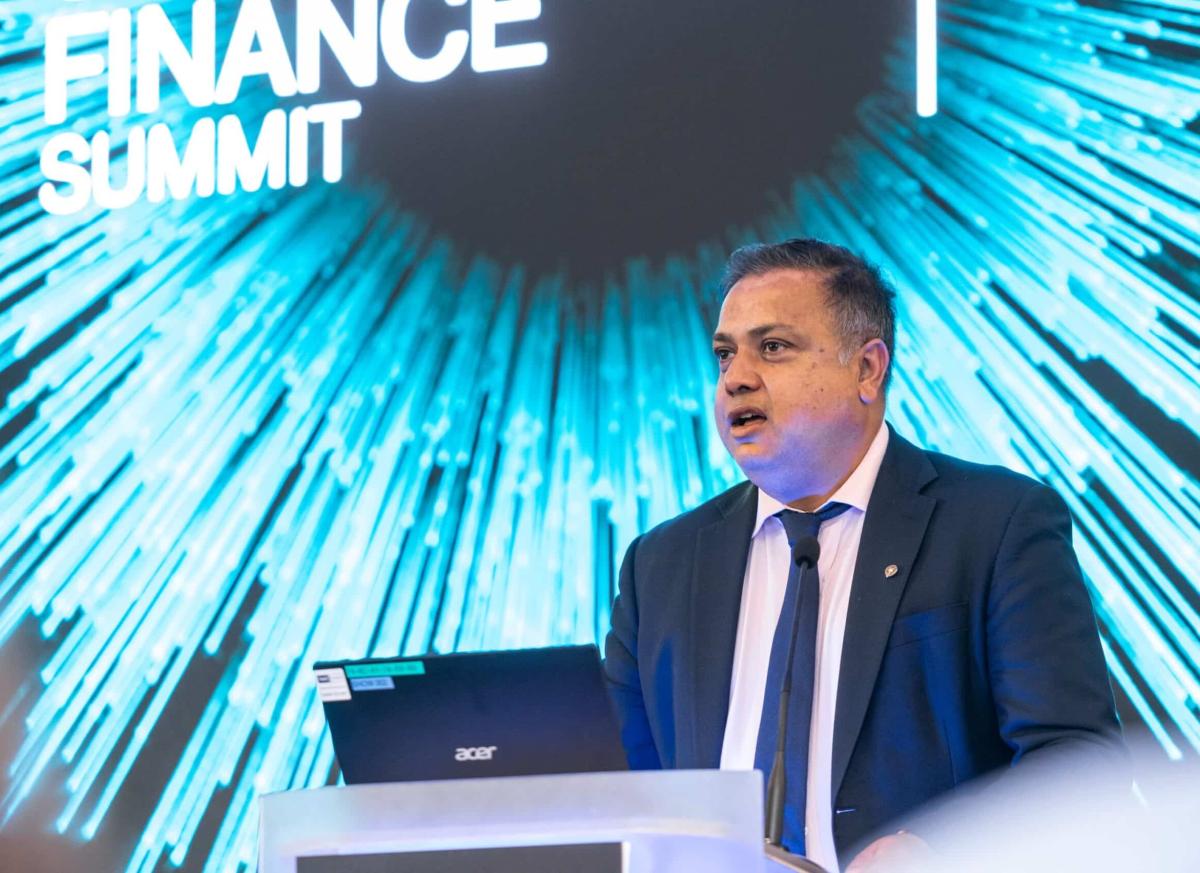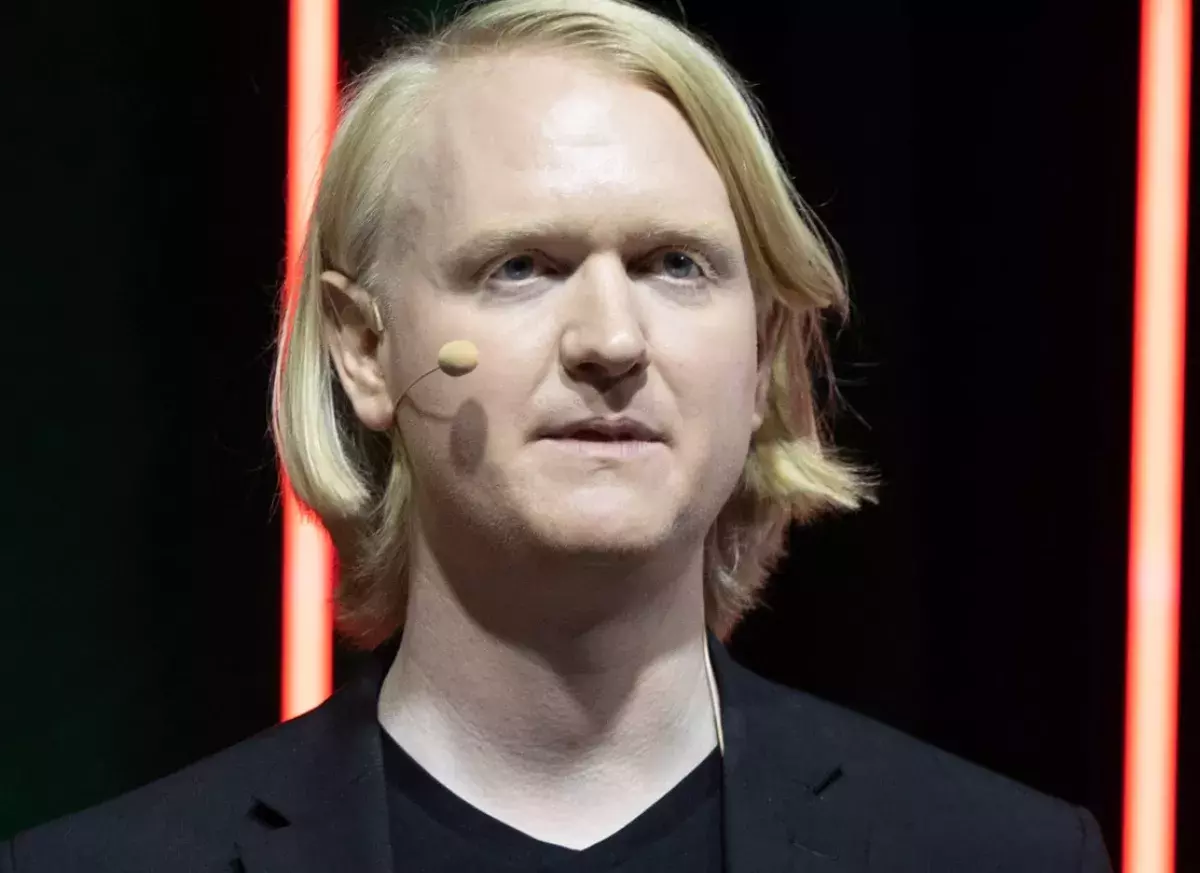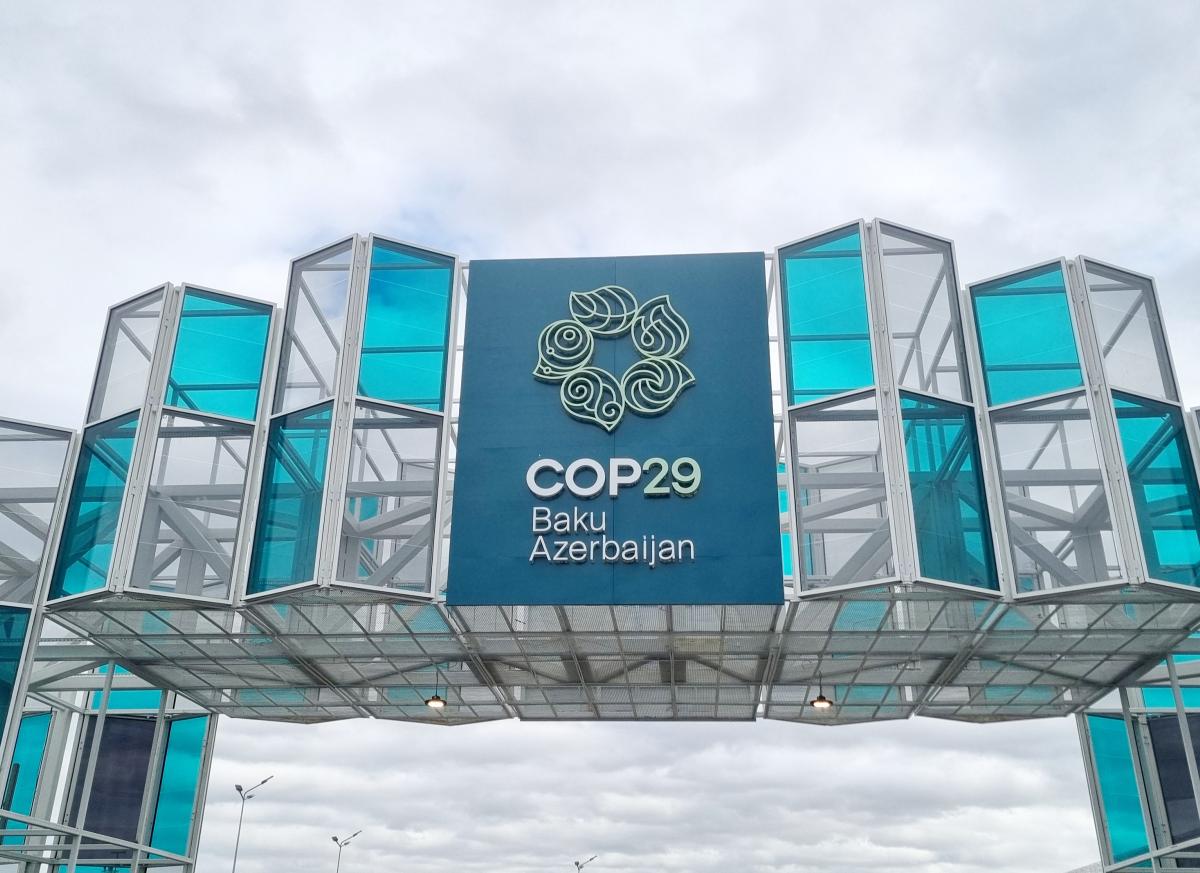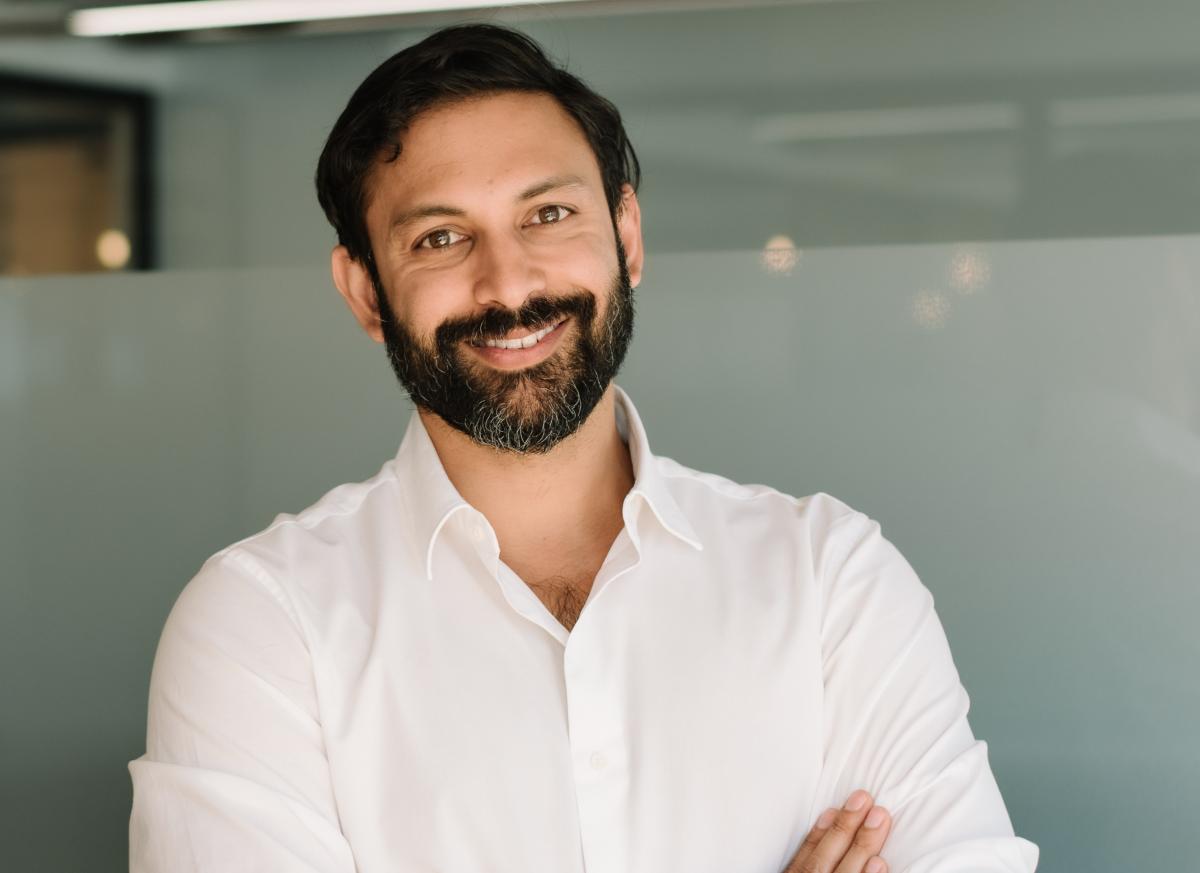News
Dr Alex Money named as Smith School's first Founder in Residence
The role has been established to nurture sustainability entrepreneurship across the School of Geography and the Environment.
Banks Claim They’re Still in the Climate Fight. Are They?
Ben Caldecott, Director of the Oxford Sustainable Finance Group, comments on the exodus of Wall Street’s biggest firms from prominent climate groups.
All the reasons to install a heat pump from cost saving to saving the planet
Injy Johnstone comments on domestic energy security and the benefits of freeing households from reliance on gas.
AXA XL partners with Oxford Net Zero for research on private sector approaches to a fair and just transition to net zero
AXA XL has provided research funding to the Institute for Science, Innovation and Society (InSIS) in partnership with the Smith School of Enterprise and Environment at the University of Oxford for an 18-month project aimed at understanding the private sector's approach to achieving net zero emissions in developing countries.
10 essential business skills for 2025
Dr Laurence Wainwright, Director of our MSc in Sustainability, Enterprise and the Environment, told Business Because that students must learn to thrive in increasingly turbulent, uncertain, novel, and ambiguous times.
Environmental Heroes and Villains – What Separates Truly Sustainable Organisations from those that Play Around the Edges?
Oxford Smith School Head of Executive Education Giovani Palafox-Alcantar explores the divide between companies that are acting on their climate commitments, and those that are only paying lip-service to sustainability. "The line between the two lies in authenticity and action... In an era when stakeholders demand accountability, only heroes will thrive," he said.
Article 6 in focus: Outcomes from COP29
Injy Johnstone, who closely followed the Article 6 negotiations on carbon markets at COP29, explains exactly what was negotiated, the outcomes, and what still remains to be done.
Council aims to go beyond net zero by removing carbon emissions
Oxfordshire County Council has become the first local authority in the UK to extend its current carbon neutral target, and additionally invest in carbon dioxide removal. The Council has taken specialist advice on its strategy from Prof Steve Smith, Arnell Associate Professor of Greenhouse Gas Removal at the Smith School.
“A transformative experience” – Irshaad Kathrada on the impact of the Oxford Smith School MSc
Irshaad Kathrada studied the Oxford Smith School’s MSc in Sustainability, Enterprise and the Environment (MSEE) from 2022 to 2023, while his wife studied the Oxford MBA. He describes his time on the programme as a “transformative experience, both professionally and personally.”
Green claims directive raises risks for voluntary carbon market
Injy Johnstone commented in a story for FT Sustainable Views on the increasing legal and reputational risks tied to carbon offsets, in light of the new EU Green Claims Directive.
Course on ‘Reaching Net Zero’ for India to be launched by Oxford Smith School and CEEW
The Oxford Smith School and independent think tank Council on Energy, Environment, and Water (CEEW) are jointly set to launch a first-of-its-kind course, ‘Reaching Net Zero for India’.
Business schools’ transatlantic divide over ESG
An increasing backlash against ESG investing in the United States is driving a divide between the country's business schools and their European counterparts. Professor Mette Morsing, Director of the Oxford Smith School, told the FT that many institutions still teach "outdated economic models and management frameworks that do not align with today’s sustainability challenges."











